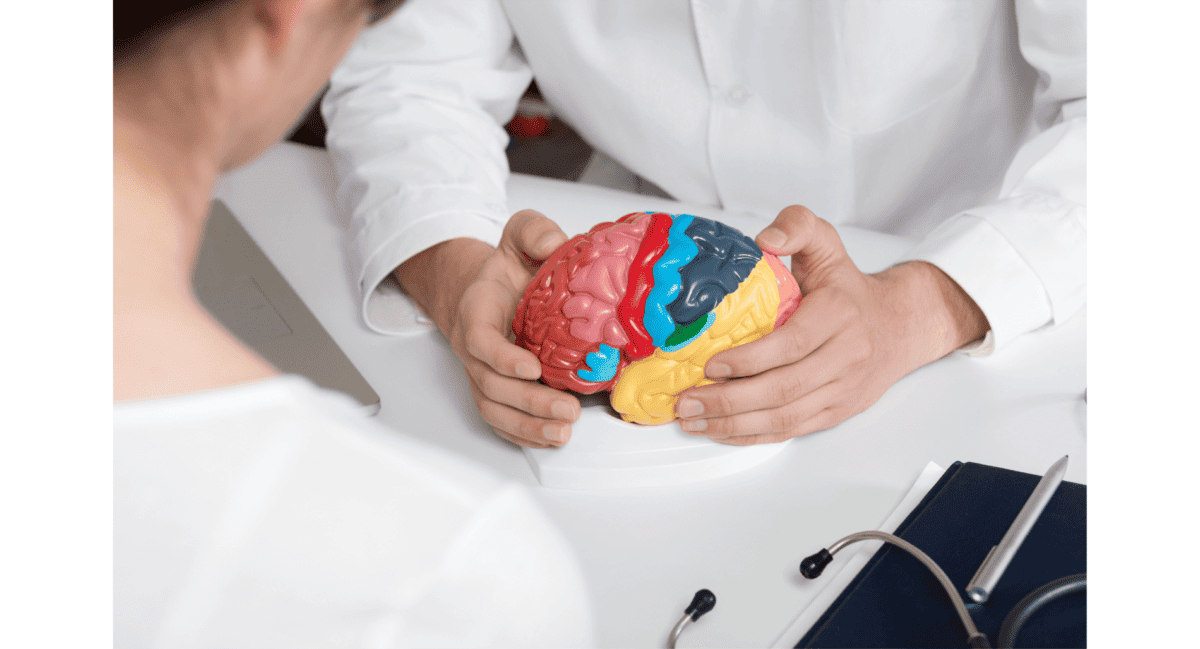When we think about hearing, we often focus on the ears as the primary organs responsible for capturing sound. However, that’s not the full picture. Once sound waves enter the ear, they travel the entire auditory system, ultimately reaching the brain. Let’s take a closer look at the role of the ears and brain in auditory processing.
The Auditory Pathway: From Ears to Brain
Hearing begins in the outer ear, where sound waves are captured and funneled into the ear canal. These sound waves then travel to the middle ear, where they cause vibrations in the eardrum and tiny bones called ossicles. From the middle ear, the vibrations are transmitted to the inner ear, where they stimulate hair cells in the cochlea. These cells trigger electrical signals that travel along the auditory nerve to the brainstem.
Once in the brainstem, the electrical signals are relayed to the auditory cortex, a region of the brain responsible for processing sound. Here, the brain analyzes various aspects of the sound, including pitch, volume, and location, before integrating this information with other sensory inputs to create a full picture of the sound you’re hearing.
Auditory Processing in the Brain: Making Sense of Sound
The brain plays a main role in auditory processing. It is responsible for extracting meaningful information from the complex patterns of sound waves that enter the ear. This includes distinguishing between different sounds, recognizing familiar voices, and filtering out background noise to focus on important auditory cues.
One remarkable aspect of auditory processing in the brain is the ability to adapt and change over time. Through a process known as neuroplasticity, the brain can reorganize its neural networks in response to changes in auditory input. This enables individuals to learn new sounds, languages, and music, and to adapt to hearing loss or other auditory challenges.
The Importance of Brain Health in Auditory Processing
Maintaining brain health is important for auditory processing. Just as physical exercise is important for keeping the body fit, cognitive activities and auditory stimulation can help you keep your brain sharp. Engaging in activities that challenge the brain, such as learning new skills, playing musical instruments, or solving puzzles, can help preserve cognitive function and support healthy auditory processing.
You can also address underlying factors that can impact brain health, such as stress, sleep disturbances, and nutrition. When you adopt a more holistic approach to brain health, you can support your auditory system and enhance your overall quality of life.
The Role of Technology in Understanding Auditory Processing
Advancements in technology have provided researchers with powerful tools for studying auditory processing in the brain. Techniques such as functional magnetic resonance imaging (fMRI) and electroencephalography (EEG) allow scientists to observe brain activity in real time as individuals listen to sounds. This provides valuable insights into the neural mechanisms underlying auditory processing.
Emerging technologies such as brain-computer interfaces (BCIs) also hold promise for revolutionizing the treatment of auditory disorders and enhancing auditory performance. By directly interfacing with the brain, BCIs can bypass damaged auditory pathways to improve auditory processing and boost hearing health.
Unlocking the Mysteries of Auditory Processing
From when sound waves enter the ear to the intricate processing and interpretation of auditory information in the brain, our hearing system is truly remarkable. But to fully understand how we hear it’s important to understand auditory processing in the brain. The complex network of neural pathways in the auditory cortex is responsible for making sense of all the sounds you hear.
By gaining a deeper understanding of the brain’s role in auditory processing, researchers and clinicians can develop more effective treatments for auditory disorders. It’s possible to improve hearing aids and cochlear implant technology and enhance our overall understanding of the human auditory system. As we continue to unravel the mysteries of auditory processing, we move one step closer to unlocking the full potential of human hearing and enhancing the lives of individuals with auditory challenges.
Treating Hearing Loss
If you have hearing loss, visit us today for a hearing test. Together we’ll find out more about your hearing needs and explore treatment options. Hearing aids are an effective treatment option and can help you reconnect with the sounds around you.

